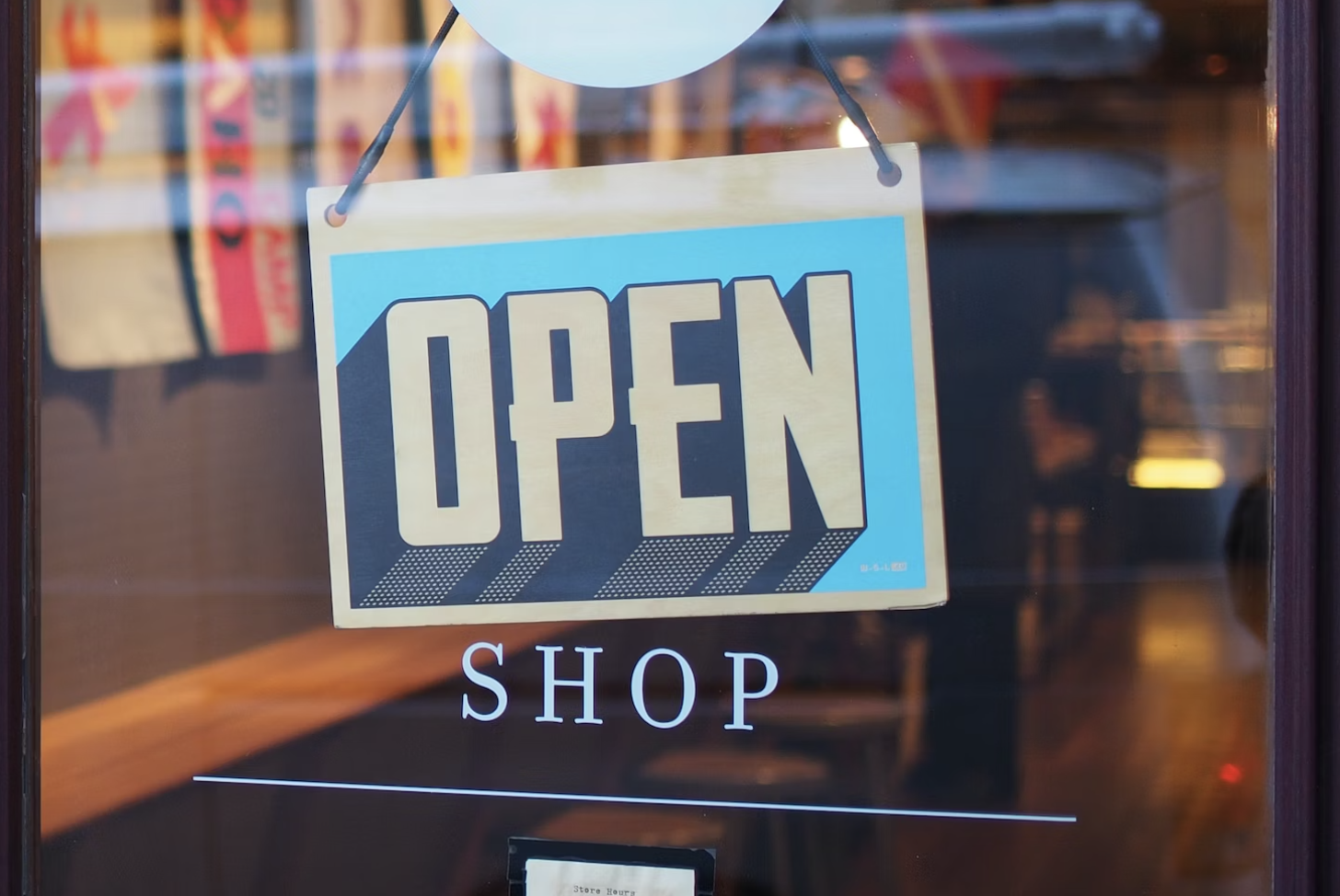Digital marketing has become a crucial strategy for retailers who want to maintain a successful, competitive business. But hey, with so many options and channels to pick from, it’s easy to feel a bit lost. What works for one company or industry might fall completely flat with another.
The secret to choosing the right digital marketing strategy is to understand the key differences between leveraging an agency vs. a platform for your business. The right fit will be able to partner with you to develop a customized strategy and achieve specific marketing goals.
Let’s dive into the key differences to help you identify the right digital marketing strategy for your company, and spill some marketing tips and tricks along the way.
What is a marketing agency?
An agency can offer personalized services, creativity, and strategic planning. They often have a team of specialists who strategize and work on different aspects of your campaign, such as design, SEO, social media, content creation, and data analysis, providing a hands-on approach to crafting and running digital campaigns.
Agencies can also handle media buying to help their clients effectively reach their target audience. Based on your audience and campaign goals, they’ll choose the most appropriate channels, including social media, display networks, search engines, or a combination of these. Then, they’ll leverage their established relationships with publishers, ad networks, and platforms to create compelling ad creatives and negotiate the best rates and terms for you. Finally, campaign performance will be continuously monitored to measure KPIs and make adjustments as needed.
All in all, outsourcing digital marketing tasks to an agency frees up time for retailers to focus on strategic initiatives. However, it can often eat up your budget quickly, especially when working on a per-project basis.
What is a marketing platform?
On the flip side, digital marketing platforms thrive on agility and flexibility. They allow retailers to quickly adapt their content based on weekly promotions, specific store locations, or regional preferences. Whether it’s tweaking the copy, adjusting the visuals, or refining targeting parameters, platforms make it easy to make changes on the fly to stay aligned with dynamic buyer needs.
Another standout feature is the ability to unlock and leverage a mountain of data points. Platforms collect and analyze user data, allowing retailers to tailor their ads to specific demographics, and shopping behaviours and interests. This approach enhances the relevance of your ads, increasing the likelihood of engagement and conversion.
With robust reporting available, retailers can access real-time data on key performance indicators (KPIs) such as impressions, click-through rates, conversions, and more. This level of insight allows for informed decision-making to allocate resources and yield the best results.
Finally, platforms allow you to dive deep into geo-targeting. By helping you customize your content based on the location of your target audience, you can promote specific offers or tailor messaging to regional preferences, adding an extra layer of precision when engaging with your audience.
So, how do you make the right decision?
Evaluate your specific needs, resources, and priorities. If creativity and customization are critical, explore your options with an agency. If efficiency and cost-effectiveness matter more, a platform might be the way to go. It boils down to finding the right balance between control, cost, and creativity for your unique situation.
Red Pepper’s digital platform partners with you to scale your business and deliver geo-targeted, personalized digital ads. This approach is complemented by our in-house creative and insights team that collaborates with your marketing and merchandising teams to fine-tune campaigns and maximize customer acquisition.
If you’re interested in exploring new strategies through engaging digital ads to drive shoppers to your website, e-commerce, and in-store, get in touch with us or request a demo.





